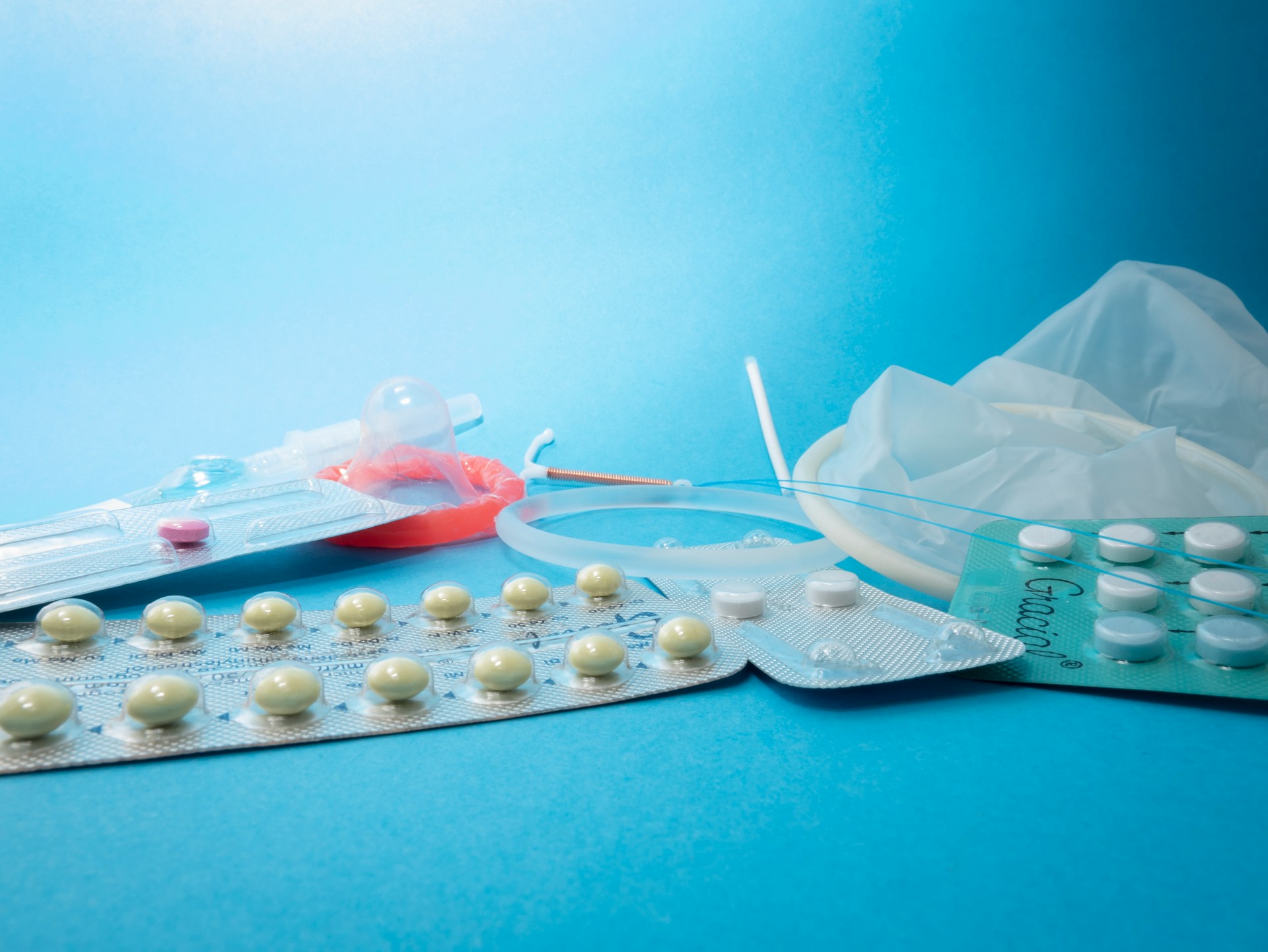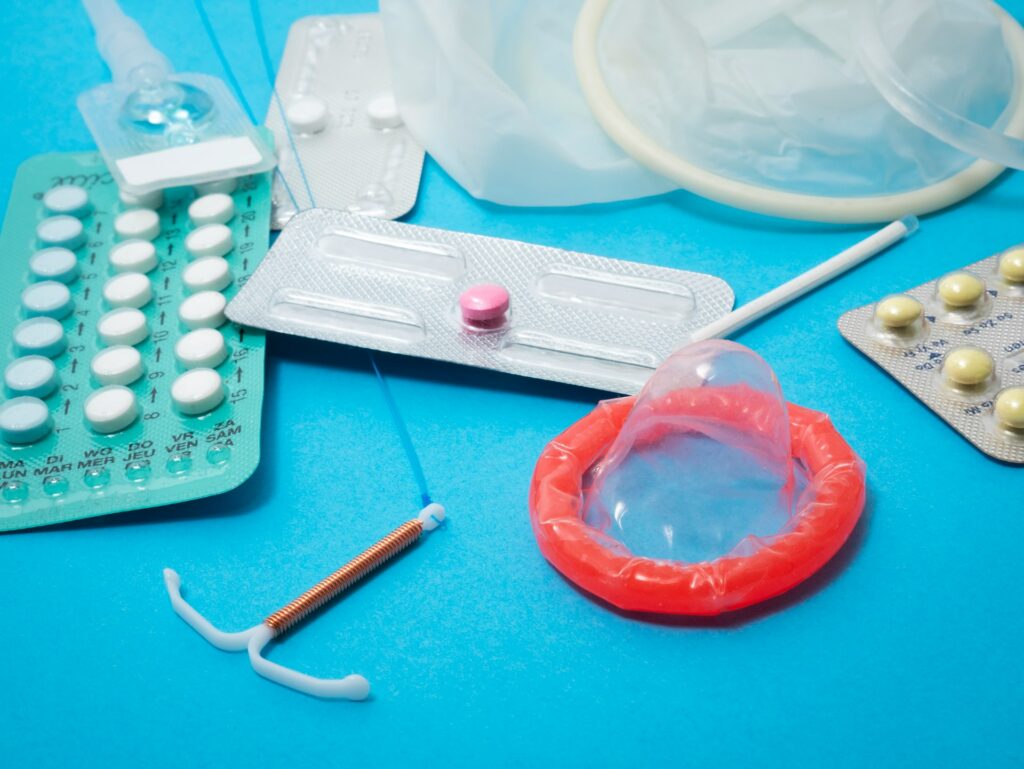
Body + Mind is reader-supported. We may earn an affiliate commission when you buy through some of the links on our site.
There are many reasons why people start using birth control, so stopping it takes an equal amount of consideration. Regardless of what’s behind your decision to stop taking it, you should feel confident about your future. Learn more about what happens when you get off birth control to understand your potential upcoming experience and what you might want to discuss with your doctor.

One kind of birth control doesn’t work for every person who menstruates. Here’s what you might undergo when you get off the type of contraceptive that’s worked best with your body.
Whether you take the combination, continuous use or progesterone-only pill, stopping them causes similar outcomes. You’ll likely experience a light period within a week of your prescription ending. Your body will need time to get used to relying on its own hormones to regulate your menstrual periods, so give yourself three months to get back to a standard 28-day cycle.
An intrauterine device (IUD) can last for years. When you’re ready to remove it, you may have some mild side effects like:
It can take three or more months for your body to produce regular menstrual cycles again. If your side effects last longer than a week, make a doctor’s appointment to find out if there’s an underlying reason, like an infection.
Anyone with a birth control implant will likely get a numbing injection before your doctor physically removes it from your arm. Once it’s out of your body, the side effects you may have had from it may go away within a week. Menstrual periods typically resume quickly as well. The most common outcomes are implant site infections and bruising after removal.
Injections are some of the strongest forms of birth control for people who menstruate. After stopping your quarterly shots, it can take 10 months or longer to resume monthly periods. The hormones are supposed to last for a long time, so your body will need up to a year or longer to get back to its prior hormone production levels.
The birth control ring needs replacing once a month, so the synthetic hormones won’t stay in your body very long. You could experience typical side effects of stopping contraceptives in general, like:
It may take around three months to resume a recurring, 28-day cycle again. Talk with your doctor if you have other symptoms that disrupt your quality of life or cause concern.
The side effects of stopping the patch are similar to quitting a vaginal ring. The patch lasts three weeks out of the month, so it doesn’t remain in your bloodstream long-term. The only possible outcome besides the typical side effects could be a rash if your skin gets easily irritated by the patch’s sticky substance and swells after its removal.

Dive into the most common questions people have about stopping their birth control method to get science-backed answers. They may even bring up potential challenges you haven’t considered yet, which could impact how you manage your ongoing reproductive health.
People stop birth control if they’re living with intense side effects, want to try another contraceptive method or plan on getting pregnant. Doctors also advise their patients to stop birth control before undergoing significant surgeries due to the higher risk of blood clots while someone’s on synthetic hormones.
The most common side effects of stopping birth control are similar to having a period. You may have heavier bleeding, tender breasts, mood swings and acne. Depending on the contraceptive’s strength and preexisting medical conditions, you might also not have a 28-day cycle for months after your birth control ends.
You may have seen internet posts about birth control not being healthy due to the rise of misinformation regarding cisgender female reproductive health. Word-of-mouth myths have also been attributed to misinformation long before social media existed.
The truth is that birth control is only unhealthy if you have adverse side effects and your doctor agrees that it would be better to stop the prescription. If you’re dealing with unpredictable periods, severe side effects, physical pain or anything else that disrupts your quality of life, another form of birth control may work better with your body. Sometimes, people need to try more than one to find the best match.
Birth control stays in your system as long as it’s supposed to. The 28-day pill only has 21 active days, so when you start the placebo pills, your body recognizes the changes in hormone levels, so your period starts. The implant provides enough birth control to last in your body for years. The time it takes for the synthetic hormones to leave your body after stopping birth control will depend on how long they are supposed to last during use.
Medical experts agree that people with ovaries typically begin ovulating one to three months after stopping their birth control. There are some cases where that changes. You may not ovulate for the first few months if your body needs more time to adjust. You also might not ovulate every month immediately like someone who hasn’t been on birth control. Your natural hormone production will need time to get back on schedule.
If you had a medical condition before starting birth control — like polycystic ovarian syndrome (PCOS) or a thyroid condition — your ovulation may not become predictable. Talk with your doctor about how your health history may impact your ability to release an egg each month after stopping synthetic hormones for a while.
You may be able to get pregnant quickly after getting off birth control, but it depends on the method you are using and your body’s ability to ovulate on its own. Medical experts point out that the timing can be different for the four types of birth control:
Hyperovulation after stopping birth control is also possible. The synthetic hormones can regulate, pause or stop your periods by convincing your ovaries that you’re post-menopausal and don’t need to be fertile anymore. They get the signal and stop releasing eggs.
When you end your birth control prescription, your ovaries essentially realize they can ovulate and may enter hyperovulation as your body resumes management of your periods. This isn’t a guaranteed result of stopping hormonal contraceptives, but it’s possible and can cause faster or multiple pregnancies.

Making an appointment with your doctor is the last crucial step in determining the best path forward for your reproductive health. Once you learn what happens when you get off birth control, reflect on your health history. Together, you’ll decide if stopping hormonal contraceptives is best for you and what you want to achieve afterward.
Your email address will only be used to send you our newsletter, and at any time you may unsubscribe. For more information, see our Privacy Policy.